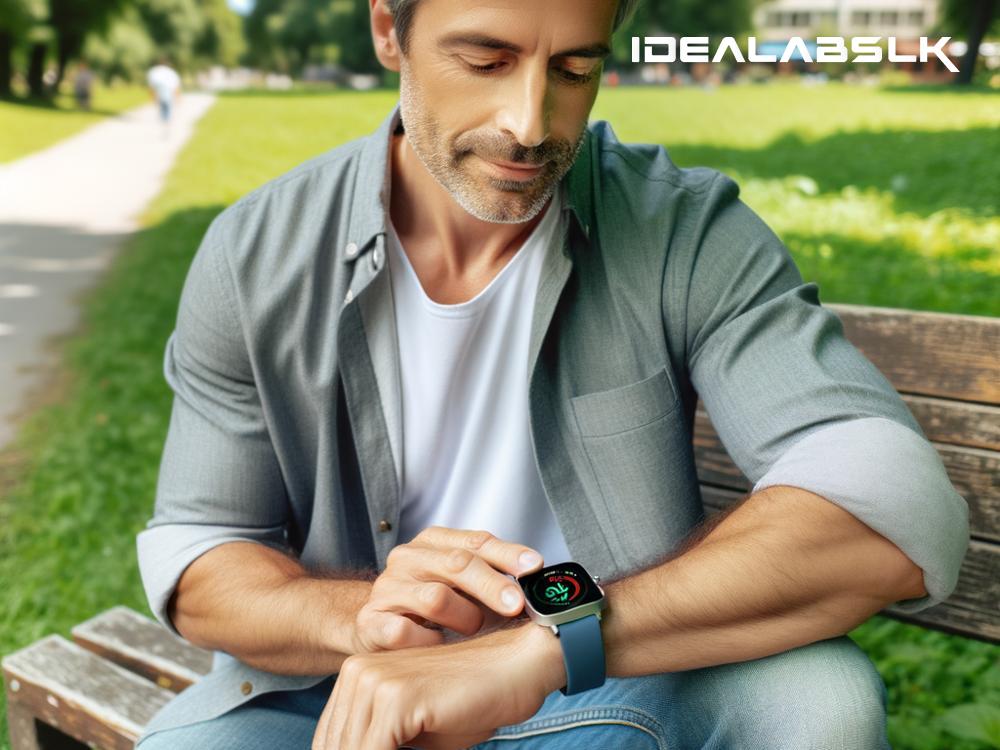In recent years, the way we manage and monitor chronic conditions has been going through a little bit of a revolution, all thanks to wearable devices. For those living with long-term health issues like diabetes, heart disease, asthma, or even sleep disorders, keeping track of their health on a daily basis is crucial but can also be quite a chore. However, with the advancement of technology, wearable devices have made this not only easier but more effective, opening up new possibilities for both patients and healthcare providers.
Let's dive into how these tiny, powerful gadgets are changing the game.
What Exactly are Wearable Devices?
Wearable devices, in the context of healthcare, are small electronic gadgets that you can wear on your body. These can be smartwatches, fitness trackers, or even specialized devices designed for specific health conditions. They're equipped with sensors that can monitor various aspects of your health - like your heart rate, blood sugar levels, oxygen levels, and even your sleep patterns - in real time.
Real-Time Health Monitoring
One of the biggest advantages of wearable devices is their ability to monitor your health continuously, 24/7. For someone with a chronic condition, this is a game-changer. Instead of only getting snapshots of their health during doctor's visits, they can now have a detailed and ongoing picture of how they're doing. This means that any concerning changes can be spotted early, allowing for prompt adjustments in treatment or even preventing emergencies.
Empowering Patients
Wearable devices put a lot of the control back in the patients' hands. By being able to monitor their own health metrics, patients can learn what triggers negative responses or what improves their condition. This encourages a more proactive approach to managing their health, leading to better outcomes. It's like having a personal health assistant with you at all times, reminding you to stay active, take your medication, or even just drink more water.
Personalized Healthcare
The detailed data collected by wearable devices can also lead to more personalized healthcare. When doctors have access to your health data over time, they can understand your condition in greater depth. This means they can tailor treatments specifically for you, rather than relying on a one-size-fits-all approach. It allows for a much more nuanced and effective management of chronic conditions.
Reducing Hospital Visits and Costs
With continuous monitoring, potential issues can be addressed before they become serious enough to require hospitalization. This not only saves patients from the stress and discomfort of hospital stays but also significantly reduces healthcare costs. Plus, in times when healthcare systems are under strain (like during a pandemic), being able to remotely monitor and manage chronic conditions eases the burden on hospitals and clinics.
Challenges and Limitations
While the benefits are plentiful, it's also important to acknowledge the challenges that come with wearable devices. For one, there's the issue of accessibility - these devices can be expensive, and not everyone can afford them. There's also the matter of data privacy; all this personal health data being collected and shared raises legitimate concerns.
Moreover, not all wearable devices are created equal. The accuracy of the data they provide can vary between brands and models, which is something both patients and healthcare providers need to be mindful of. Lastly, for some, especially the elderly or those not tech-savvy, there may be a learning curve in using these devices effectively.
Looking Ahead
Despite these challenges, the potential of wearable devices in revolutionizing patient monitoring for chronic conditions is undeniable. As technology continues to advance, we can expect these devices to become more accurate, more accessible, and more integrated into our healthcare systems. They promise not only to make managing chronic conditions simpler and more effective but also to usher in a new era of personalized and preventative healthcare.
In conclusion, wearable devices are more than just trendy gadgets; they are powerful tools that are transforming how we monitor and manage chronic conditions. By providing real-time data, empowering patients, and enabling personalized care, they are helping to improve the quality of life for millions around the world. As we move forward, the continued integration of these devices into our healthcare practices holds the promise of even greater advancements in patient care and health management.

